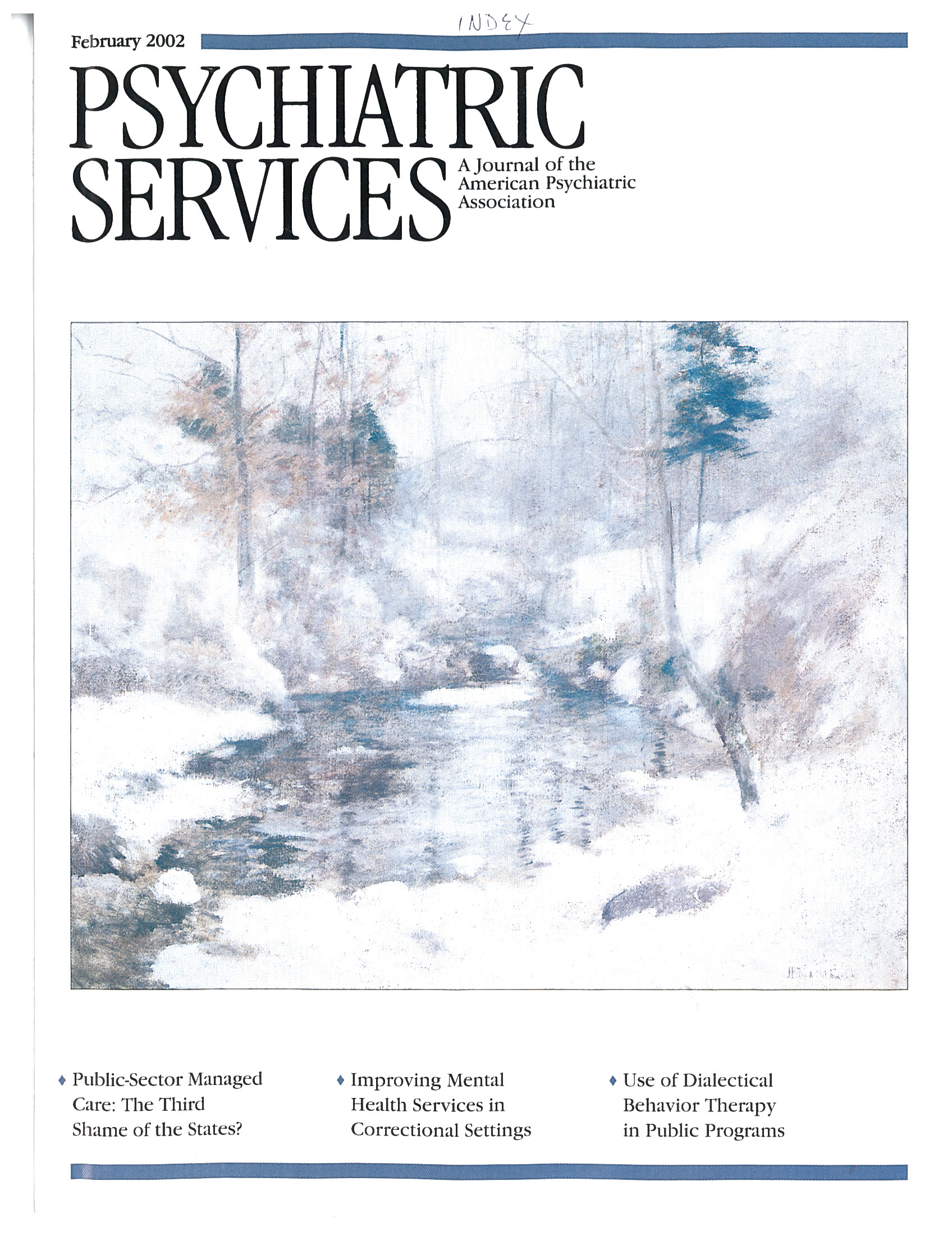Much has been written about incorporating cultural concepts and practices into psychotherapy, but this book, in my opinion, stands out as one of the best recent contributions to the field. It is practical, comprehensive, true to life, easy to read, interesting, and relevant. Every psychotherapist should read it.
The book is divided into six parts: an overview of culture and psychotherapy; five detailed case presentations with analysis; a discussion of special issues; the treatment of special populations—mainly U.S. ethnic populations; a discussion of special models of therapy, including intercultural couples; and a concluding chapter.
I particularly like the five clinical case presentations; they exemplify how cultural issues can be woven into the fabric of Western dynamic-oriented psychotherapy. The cases are all drawn from different parts of the world. Each is presented by a psychiatrist trained in Western dynamic psychotherapy, and each highlights a common clinical and therapeutic issue. Therapists' thoughts about maneuvering in the course of psychotherapy are explicated and set off in italics. Let me highlight three cases.
The first case is that of a regressed patient of Japanese ancestry who was dying of cancer and was being treated by a Caucasian psychiatrist. Faced with the inevitability of death, the patient responded with denial and launched a valiant effort to find a miraculous cure so that he could return to work. His denial prevented him and his family from attending to grieving, and this led to much resentment on the part of his wife. In describing the patient's therapy, which included collateral sessions with the patient's wife and family and a sensitive reframing of the patient's experience in a manner consistent with his cultural background, Streltzer shows how employing culturally sensitive knowledge can help overcome denial in the process of grief and dying.
The second case involves psychotherapy with a Qatari woman with long-standing somatic complaints. The therapist was an Arab-speaking psychiatrist who integrated respect for indigenous Arab cultural concepts and metaphors to engage the patient in exploring psychological conflicts behind the somatic symptoms. Again, sensitive family intervention, coupled with supportive techniques, led to a successful outcome with remission of somatic symptoms and the emergence of a more assertive personality.
In the third case, a Coast Salish Indian woman with arthritis and depression was treated by psychiatrists who are familiar with the Native American culture. The psychiatrists then collaborated with a native healer and made use of an Indian "spirit song" healing ritual. The case illustrates how a native healing practice can enhance a Western psychotherapeutic approach and how reintegration of the Native American cultural identity can enhance healing in this group.
Other gems can be found in this book. A discussion of marital therapy for intercultural couples is delightful, insightful, and well grounded in scholarship. With our society becoming more diverse and intercultural marriages becoming more common, this chapter is a timely one.
Theoretical discussions of other cultural topics, such as folk healing practices and the psychological meanings of giving and receiving medications, nicely complement the cultural issues highlighted in the clinical cases. Several well-written chapters on the treatment of U.S. minority ethnic populations expand on the existing literature on these groups.
Overall, Culture and Psychotherapy is a refreshing book. I recommend it highly.

